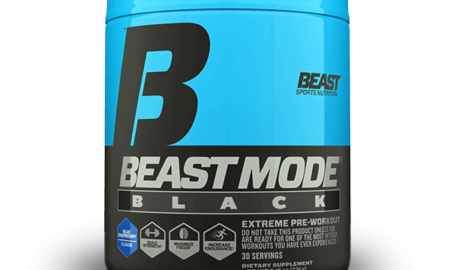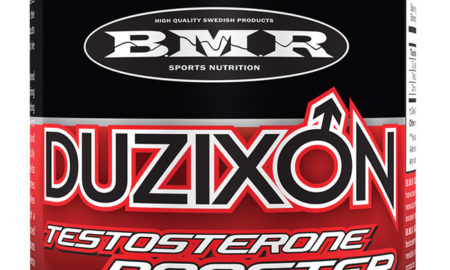Recently a ton of scientific information has been presented concerning the antiaging attributes of the hormone dehydoepiandrosterone. Secreted by the adrenal gland, DHEA is a precursor of the male hormone testosterone. Because of its androgenic effects, sports scientists have sought to find ways to safely and effectively use its thermogenic and anabolic capabilities without negative side effects. What has emerged is a derivate of DHEA known as 7-keto DHEA. New research indicates that 7-keto DHEA more strongly stimulates the body’s fat-burning abilities than DHEA.
While DHEA has a positive effect on many physiological processes—such as immune and thyroid function, diabetes, stress reduction and viral infections—so does 7-keto DHEA. Studies indicate, however, that 7-keto is several times more effective in increasing the body’s basal metabolic rate, which measures your ability to burn fat while at rest. In studies conducted at the University of Wisconsin, researchers reported that 7-keto DHEA was 2.5 times more active at increasing fatty acyl CoA oxidase, malic enzyme and glycerol-3 phosphate dehydrogenase—liver thermogenic enzymes that regulate how well liver cells direct cells to burn fatty acids for energy. Studies have indicated that 7-keto DHEA can increase the thermogenic activity of fatty acyl CoA by 128 percent, malic by 86 percent and glycerol-3-phosphate dehydrogenase by 138 percent.
It also plays a major role in regulating thyroid function by boosting the thyroid hormone triiodthyronine, a.k.a. T3. Additionally, 7-keto DHEA helps increase the metabolism of carbohydrates, fats and proteins by accelerating the rate at which mitochondrial cells produce more ATP, the body’s fundamental energy molecule. 7-keto DHEA also improves thermogenic processes via transport of protons across mitochondrial membranes known as uncoupling proteins. UCPs directly affect thermogenic activity and bodyfat reduction, including how the body burns fat while you are doing absolutely nothing because it helps form L-carnitine, the mitochondrial fat-burning amino acid.
In a randomized, double-blind, placebo-controlled study, 30 overweight adults were divided into two groups. Group one was given 100 milligrams of 7-keto twice daily for eight weeks. The subjects in group two received a placebo. The 7-keto group lost 6.3 percent more bodyweight than the placebo group and significantly more bodyfat.
7-keto DHEA enhances the production of insulinlike growth factor 1. IGF-1 is very similar in structure to insulin and is one of the chief anabolic hormones resulting from growth hormone. Known attributes of increased growth hormone production are decreased bodyfat, increased muscle mass, increased bone density, improved energy and heightened immune function.
7-keto DHEA plays a role in reducing cortisol, the main catabolic hormone in the body. Researchers contend that 7-keto DHEA downregulates the actions of the enzyme that converts inactive glucocorticoids like cortisol to their active form. Elevated cortisol accelerates muscle wasting and encourages bodyfat storage.
In a related study appearing in Physiological Research, men who administered 25 milligrams of 7-keto DHEA through a skin patch for five days reduced cortisol by 7.4 percent.
Suggested dose: Studies indicate that doses of 25 to 200 milligrams a day are quite effective. Some researchers suggest taking 7-keto DHEA in the morning, when hormone levels peak. Other reports have shown even doses taken two or three times daily to be effective as well. It is not advisable to take 7-keto at bedtime, as it may cause insomnia.
Sulcova, J., et. al.. (1988). Effects of transdermal application of 7-oxo-DHEA on the level of steroid hormones; gonadotropins and lipids in healthy men. Physiological Research. 66(1): 57-61.




















You must be logged in to post a comment Login